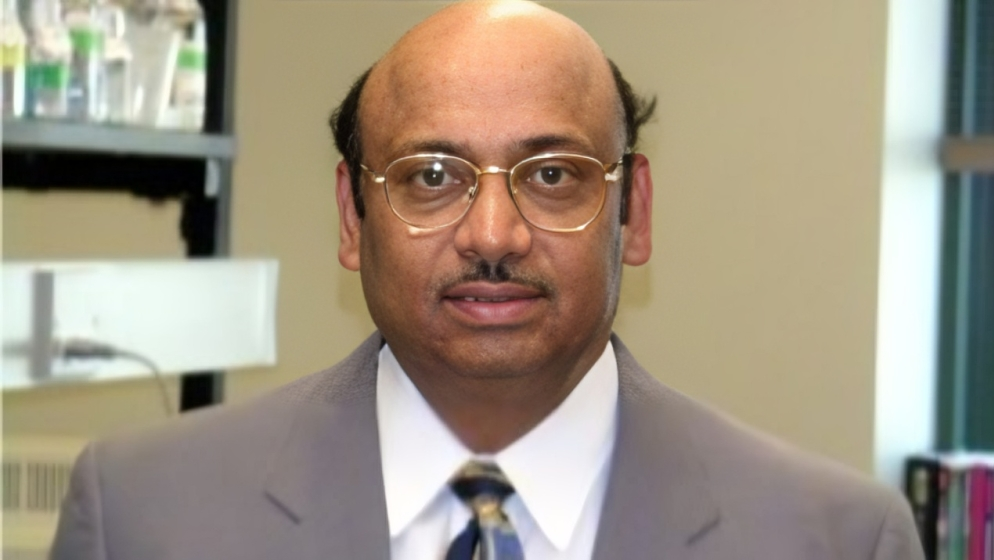E. Shyam P. Reddy, Professor and Director of the Cancer Biology Program at Morehouse School of Medicine, shared the following insightful post on LinkedIn:
“Cancer scientists say they have engineered a new type of super-strong antibody which could be used to boost the immune systems of patients fighting the disease.
Experts from the University of Southampton altered the shape and flexibility of the tiny proteins, which are naturally produced by white blood cells to protect the body from bacteria and viruses. They discovered that their antibody prototype, which was more rigid, was able to trigger a stronger response from the immune system compared to those made by our bodies.
Their study has been published in the journal Nature Communications.
Professor Mark Cragg, from the Center for Cancer Immunology at the University of Southampton, said, ‘The concept of using immuno-stimulation for cancer treatment is very exciting. Our study confirms that making even subtle increases in the rigidity of antibodies significantly stimulates immune activity, creating a powerful immune response against the disease.
‘This approach works for multiple antibodies targeting different immune receptors. The ability to engineer these rigid antibodies could help develop more potent drugs that can stimulate the immune system to target cancer or other diseases.’
The Y-shaped antibodies fight infections by targeting and then binding onto molecules on the surface of bacteria and viruses, or even cancerous cells. They can also be engineered to attach to receptors on immune cells to activate our body’s immune defenses.
But not all antibodies do this effectively, said study co-author Isabel Elliott, a Ph.D. student from Southampton, who stated, ‘The shape and flexibility of antibodies is crucial for how well they can activate immune cells—and we found more rigid antibodies seem to be better at this.
‘The reason for this is likely because these rigid antibodies can hold molecules on the immune cells closer together, which triggers a stronger activation signal. Floppier antibodies are less likely to do this effectively.’
The two arms of antibodies, which give their Y shape, are linked by a series of bridges, named disulfide bonds. The Southampton scientists managed to add extra bridges between the microscopic arms of the antibodies and tested them against standard variants.
Dr. Ivo Tews, a Professor in Structural Biology at Southampton, added, ‘We used a supercomputer to visualize the structure of the antibody in atomic detail, allowing us to position extra disulfide bonds in the modified antibody. The results showed that the experiment worked and that the new, more rigid antibodies were more effective at activating immune cells. This idea of controlling antibody activity by making them more rigid seems to apply to many other similar molecules on immune cells.’ “
This post by Dr. E. Shyam P. Reddy showcases a major advance in cancer research, where scientists at the University of Southampton have designed more rigid antibodies that enhance immune system activation. By reinforcing antibody structures with extra disulfide bonds, the team demonstrated a stronger, more targeted immune response. This innovation could pave the way for more potent cancer immunotherapies.
More posts featuring E. Shyam P. Reddy on OncoDaily.
Also read an impactful insight about Immunotherapy Revolution on OncoDaily:



